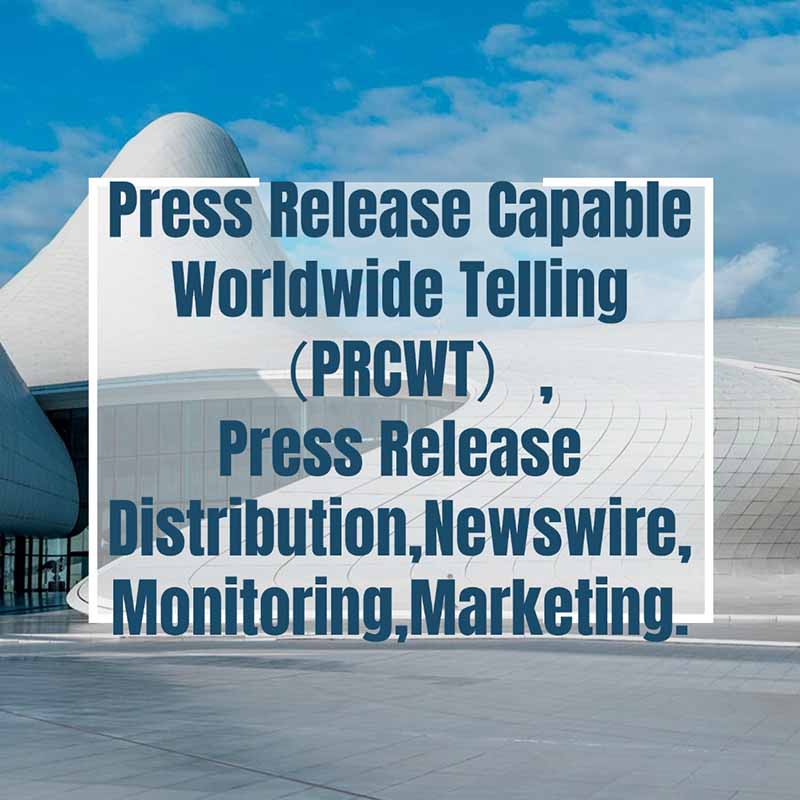In today's rapidly evolving digital landscape, brands are constantly seeking innovative ways to engage with consumers and stand out from the competition. One of the most significant trends in modern marketing is the use of technology to create immersive and personalized brand experiences. From virtual reality (VR) and augmented reality (AR) to artificial intelligence (AI) and the Internet of Things (IoT), brands are leveraging these cutting-edge technologies to connect with consumers on a deeper level and build meaningful relationships.
According to a recent study by Forrester Research, 80% of consumers expect brands to use technology to enhance their shopping experiences. Additionally, 70% of consumers are more likely to engage with brands that offer personalized experiences. These statistics highlight the importance of technology in modern marketing and the need for brands to embrace these trends to stay relevant and competitive.
One of the most exciting applications of technology in branding is the use of VR and AR. These immersive technologies allow brands to create virtual experiences that transport consumers to different worlds and engage them in unique ways. For example, IKEA has used VR to allow consumers to visualize how furniture will look in their homes before making a purchase. This technology not only enhances the shopping experience but also helps consumers make more informed decisions.
Another important trend in modern marketing is the use of AI. AI-powered chatbots and virtual assistants can provide 24/7 customer support and answer frequently asked questions. Additionally, AI can be used to personalize content and recommendations based on a consumer's behavior and preferences. For example, Netflix uses AI to recommend movies and TV shows based on a user's viewing history. This technology not only enhances the user experience but also helps Netflix increase user engagement and retention.

The Internet of Things (IoT) is also playing an increasingly important role in modern branding. Connected devices such as smart TVs, smartphones, and wearables can be used to collect data about a consumer's behavior and preferences. This data can then be used to create personalized experiences and targeted marketing campaigns. For example, Nike has used the Internet of Things to create a connected fitness ecosystem that allows users to track their workouts and receive personalized training recommendations.
In conclusion, technology is transforming the way brands engage with consumers and build meaningful relationships. By embracing these trends and leveraging the power of VR, AR, AI, and the Internet of Things, brands can create immersive and personalized experiences that enhance the shopping experience and increase user engagement and retention. As the digital landscape continues to evolve, it will be essential for brands to stay ahead of the curve and embrace new technologies to stay relevant and competitive.

